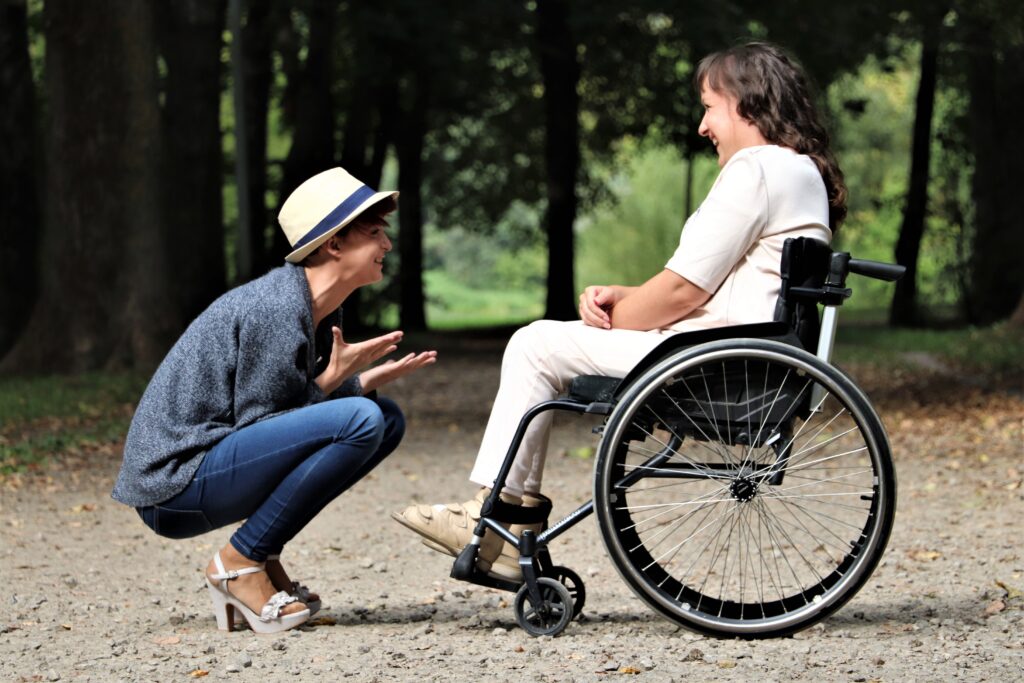Why We Need Disability Advocacy
Have you ever had a person stand up for you? Perhaps you were the victim of a misunderstanding and a friend or coworker explained the truth. Maybe you were being mistreated at work or school and someone stepped in to defend you. We all face challenges and misunderstandings at one time or another. When we have people by our side to help support the truth, we are very grateful for their courage.
But people with disabilities don’t always have the luxury of an understanding peer. People living and working with disabilities often face unique challenges that able-bodied people cannot empathize with. And since we all have our own personal challenges in life, it’s common to overlook someone in favor of our own problems.
But that is precisely why we need disability advocacy. Disability advocacy is the proactive action to stand up for someone that needs their rights protected- a much more serious issue than common day-to-day challenges. People living and working with severe disabilities routinely face discrimination that amount to a violation of their human rights. Just becoming aware of that reality can have a powerful effect on the way we think about friends or coworkers with disabilities.
How common is disability discrimination?
About 1 in 4 people with a disability will face some form of discrimination every day. People are “subject to multiple violations of their rights, including acts of violence, abuse, prejudice and disrespect because of their disability” according to the World Health Organization. These forms of discrimination can come in simple ways that we don’t initially recognize. For instance, we all expect access to the same public spaces, housing options, education, and work as anyone else. But for some, something as simple as a wheelchair ramp can be the deciding factor for them to enjoy that same access.
“I believe in accommodations,” says Tina Tyko, Project Manager for Bona Fide. “If I see that none are being made I don’t hesitate to bring it up to management. An accommodation can be as simple as asking to put color-coded tags on keys or setting a time for each task in someone’s workday.”
Another factor is a lack of empathy or outright disregard for the people that have certain limitations. “Many able-bodied people don’t have patience for folks with disabilities,” Tina warns. Being the victim of verbal harassment or being denied opportunities to advance in the workplace is a common occurrence.
How to be an advocate for people with disabilities
Although there are Disability Advocates that are certified representatives for people facing more serious issues, anyone can be an advocate for their friends, coworkers, or family that may be facing discrimination because of their disability. “If you see someone struggling, talk to them and ask if they would like to have you go to management with them. Lots of our folks are afraid to talk to their boss for fear of being fired,” recommends Tina.
At times, just standing up for someone is enough to derail future abuse. Tina encourages productive conversations to shine a light on what people with disabilities go through. “Just talking to your co-workers and trying to educate them is huge.”
All of us will need an advocate of one kind or another in our lives. Being sensitive to the needs of those with disabilities can give us the opportunity to pay it forward to those that need it the most.

